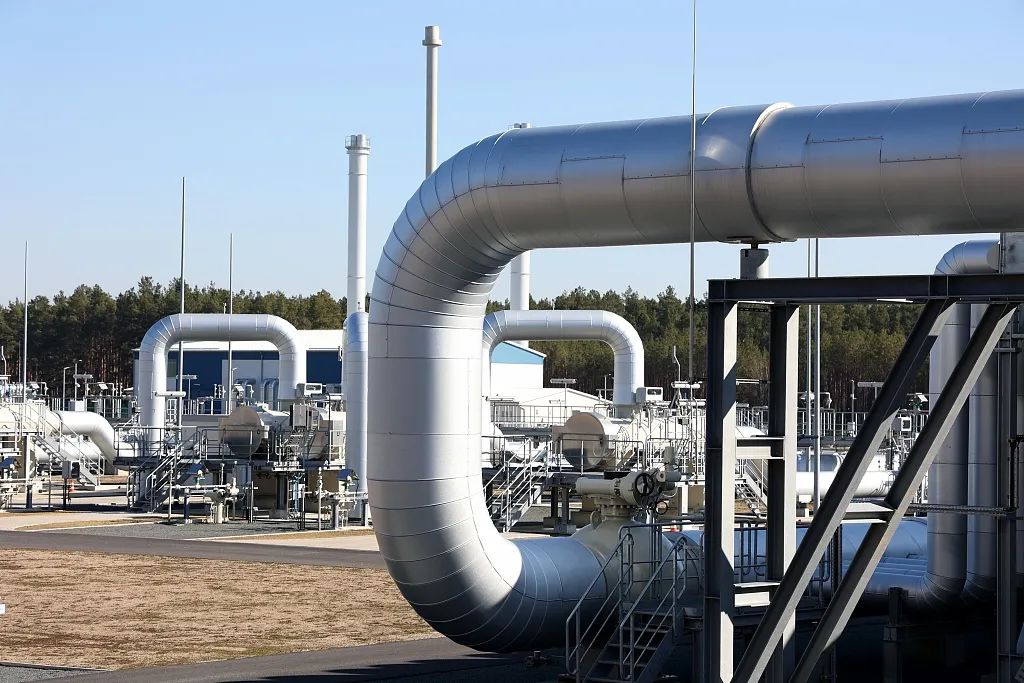
Abstract
It has been over six months since Russia declared a "special military operation" against Ukraine on February 24, 2022. In the last few months, the energy crisis has been brought to the forefront by the European gas shortage caused by the EU-Russia energy sanctions and counter-sanctions. Then at the beginning of September, Russia stopped delivering gas to Europe via the Nord Stream 1 pipeline. Immediately afterward, Germany, most affected by the energy crisis, announced that it had reached its target of gas storage in October, one month ahead of the original plan, despite Russia's gradual cutbacks. Germany had reached bilateral energy agreements with its neighbors to satisfy 95% of its winter storage needs in October, which means that the energy crisis in Europe has been temporarily alleviated to some extent. Meanwhile, the Russo-Ukrainian War is back in the spotlight as Ukraine launches a counter-offensive to retake some of its territories, followed by Russian backtracking from its previous position to only attack military facilities in Ukraine, and launching full-scale missile attacks on Ukrainian civilian infrastructure and thermal power stations.
Research Questions
-
What are the latest developments and next steps in the Russo-Ukrainian war?
-
What is the status of the European energy crisis caused by escalating Russo-European tensions?
-
What is the impact of the Russo-Ukrainian conflict on China?

